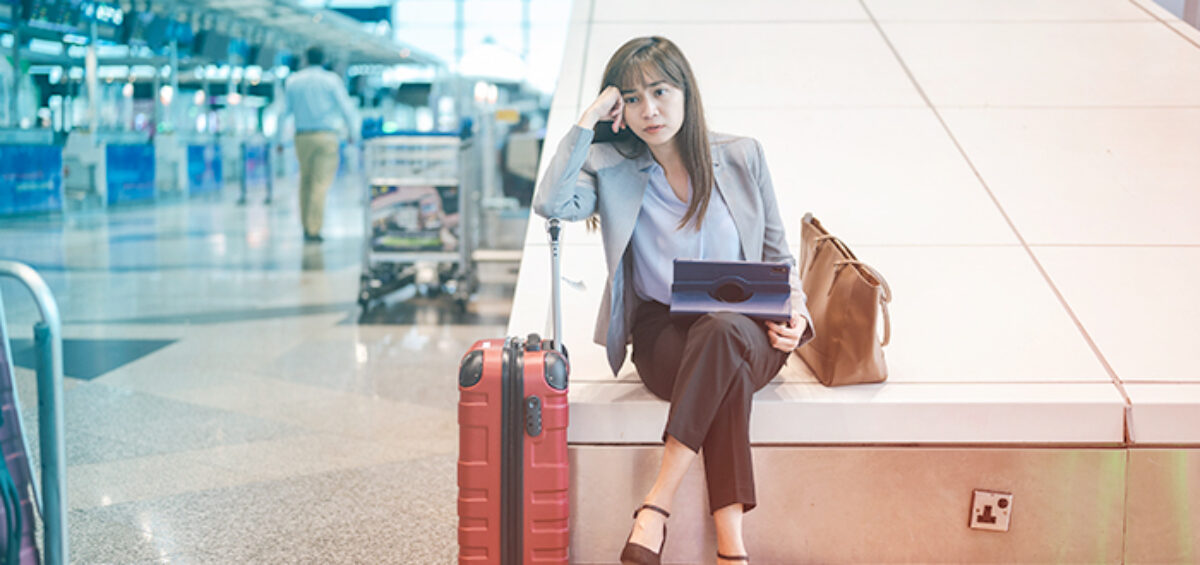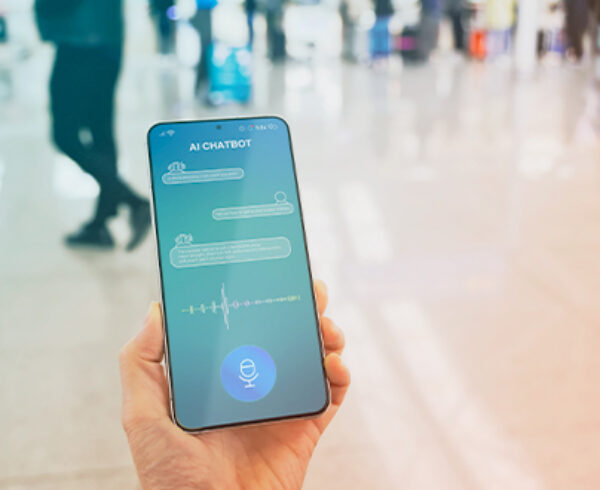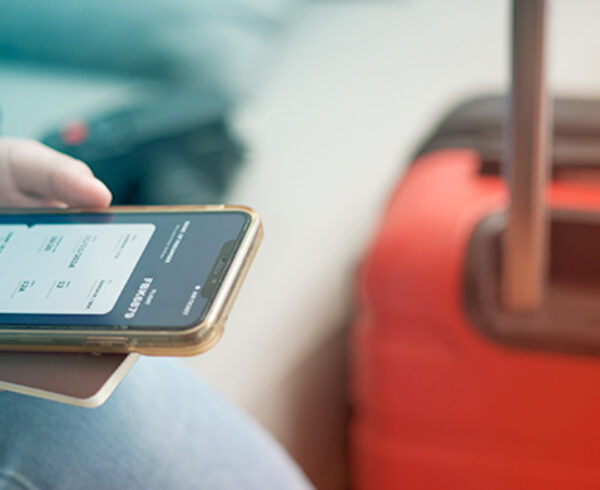Ensure your Travelers are more productive on the road and willing to take that next business trip. Prioritize more positive and stress-free travel experiences.
It’s no secret that much of the world is living in a stressful state as of late. According to an Ipsos report from late 2023, 62% of survey respondents said their daily life had been disrupted due to stress over the year prior. Nearly 40% said they had to take time off work as a result. Nearly 30% said they were “unable to cope because of stress.”
For many business people, one of the sources of that stress is, unfortunately, business travel. According to an article from Fortune published in mid-2023, only about a third of business Travelers are happy to be back to post-pandemic levels of travel.
The article said that those not happy to be back to travel report feeling not just stressed but also “exhausted,” “homesick,” and “anxious.” These feelings were chalked up to worries such as health and wellness, personal safety, and the general turbulence of the travel industry over the last few years. Unfortunately, many of these same Travelers also said that they more or less didn’t feel as if their employers had their backs when it came to creating a positive Business Travel Experience.
As a Travel Manager, you have a duty of care toward your Travelers. You have a responsibility to help keep them safe from harm while on the go. However, you also have a less-publicized responsibility to ensure that business travel does not become a source of stress or anxiety for them.
This April is Stress Awareness Month. As such, it’s the perfect time to take a candid look at your business Travelers’ needs. How are you giving (or failing at giving) them a stress-free travel experience?
Determined that your business Travelers aren’t quite experiencing the stress-free travel that you’d like them to? Here are a few ideas for changes you can make for everyone’s benefit.

Consider Your Travelers’ Preferences and Be Flexible
Different situations are stressful for different people, and alleviating that stress will look equally different. Rather than make a blanket change to your travel policy, consider your Travelers’ preferences. See where you might make your policy more flexible in order to cater to differing needs.
For example, some might find it stressful to rush the travel process and cram a lot of travel and meetings into a singular day or few days. For those Travelers, it might make sense to allow them to stay longer in a destination. They could even take a “bleisure” trip. With a few days free ahead of and after their workday, they have time to settle in and get acclimated before the work begins.
In contrast, some may find being away from home and family to be the most stressful part of business travel. For those Travelers, you might allow them to condense their trip. Make it as quick and convenient as possible, so they can get back to their personal lives sooner.
The key is to be flexible. It’s something we saw with the rise of remote and hybrid work over and following the Covid-19 pandemic. Management attempted to navigate the shifting needs and wants of employees. For some, being in the office all the time was best. Others needed a hybrid approach, while others preferred being 100% remote. The teams with the greatest success managing these differences, though, were the ones that showed flexibility in meeting employees where they were.

Encourage a Work-Life Balance
One reason why business travel might seem particularly stressful to your Travelers? Maybe it’s not the actual travel that’s stressing them. Maybe it’s the simple fact that they’re working all the time. In these cases, accomplishing stress-free travel might be as simple as promoting and encouraging the use of paid time off or limiting work hours.
Many organizations have seen great success with instituting a four-day, 32-hour workweek. Health.com reported on the physical and mental health benefits of the four-day workweek. It found that almost 40% of employees who worked four days per week experienced a reduction in stress. More than half reported a reduction in negative emotions overall, including anxiety. The four-day workweek’s effects on stress, the publication further noted, were far, far more substantial than what has been seen from efforts such as planning mental health education in the workplace or bringing yoga into the office.
Similarly, multiple studies have found that employees regularly use their paid time off to help relieve stress. That said, other studies show that these stress-relieving benefits are next to useless if post-vacation employees are returning to a toxic workplace.
For this reason, while you encourage a work-life balance to better promote stress-free travel, also ensure there aren’t underlying, stress-causing issues within your organization.

Make the Travel Process Easier
If your travel process is difficult, stress-free travel just isn’t going to happen. From initiating a booking to putting together an itinerary to actually taking the trip and then reporting expenses, if the entire process is just one giant headache with lots of hoops to jump through, your business Travelers are going to be less than pleased with their experience.
Look at your travel policies and processes. See where you might make the experience easier more seamless and convenient on the Traveler’s end.
A Stress-Free Traveler is a More Productive Traveler
It’s just common sense that if your Travelers are stressed and anxious while on the go, they’re not going to be performing at their peak. Make sure that you’re getting the highest ROI possible on each and every business trip, by ensuring a stress-free travel experience for every member of your team.
Need help? JTB Business Travel helps your organization travel smarter, safer and happier. Check out our full suite of services for Executives, Travelers and Travel Managers, and contact us today for more info.













